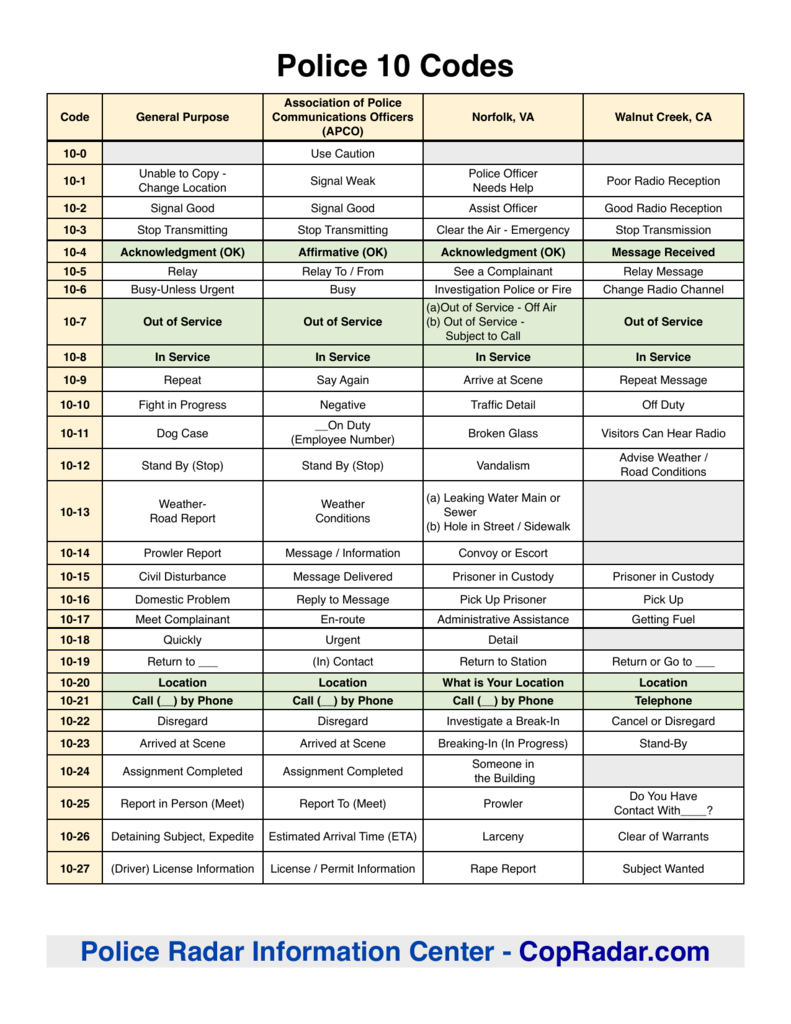Police officers play a vital role in maintaining order and ensuring safety in our communities. The term "police" carries a wide range of meanings and responsibilities that extend beyond its basic definition. From enforcing laws to protecting citizens, the police force has evolved significantly over the years. Understanding the various meanings and functions of police work is essential in appreciating their contribution to society.
The concept of policing has deep historical roots and continues to adapt to modern challenges. As society evolves, so does the role of police officers. They are not only responsible for enforcing laws but also for fostering trust and collaboration with the communities they serve. This multifaceted role highlights the complexity and importance of the police in today's world.
In this article, we will delve into the 12 meanings of police, exploring their responsibilities, functions, and significance. By examining each aspect in detail, we aim to provide a comprehensive understanding of the police's role in maintaining public safety and order. Let's dive deeper into this crucial topic.
Read also:Nigerian Embassy Atlanta Your Comprehensive Guide To Services Resources And More
Table of Contents
- The History of Policing
- Law Enforcement as a Core Function
- Community Policing: Building Trust
- Crime Prevention Strategies
- Emergency Response and Public Safety
- Conducting Investigations
- Traffic Management and Safety
- The Role of Technology in Modern Policing
- Ethical Standards and Accountability
- Future Trends in Policing
The History of Policing
Policing has a rich history that dates back thousands of years. The origins of modern policing can be traced to ancient civilizations, where individuals were tasked with maintaining order and enforcing laws. Over time, the concept of policing evolved, leading to the establishment of formal police forces in the 19th century.
In the United States, the development of police departments was influenced by the need to address rising crime rates during the Industrial Revolution. Cities like Boston and New York pioneered the establishment of professional police forces, setting the foundation for modern policing practices.
Key Milestones in Policing History
- 1829: The establishment of the London Metropolitan Police, often regarded as the first modern police force.
- 1838: The creation of the Boston Police Department, marking the beginning of professional policing in the United States.
- 1960s: The introduction of community policing initiatives aimed at improving police-community relations.
Law Enforcement as a Core Function
One of the primary meanings of police is their role in enforcing laws. Police officers are responsible for ensuring compliance with legal regulations and deterring criminal activities. This involves patrolling neighborhoods, responding to calls for service, and conducting arrests when necessary.
Effective law enforcement requires a deep understanding of legal frameworks and the ability to apply them in real-world situations. Police officers must balance their duties with respect for individual rights and civil liberties.
Challenges in Law Enforcement
- Addressing implicit biases in policing practices.
- Implementing evidence-based strategies to reduce crime.
- Maintaining transparency and accountability in operations.
Community Policing: Building Trust
Community policing represents a shift in the traditional approach to law enforcement. It emphasizes collaboration between police officers and the communities they serve, fostering trust and mutual respect. By engaging with residents, police departments can gain valuable insights into local issues and develop tailored solutions.
Key elements of community policing include:
Read also:Shoreline Credit Union Your Trusted Financial Partner For A Secure Future
- Problem-solving partnerships with community members.
- Proactive engagement in neighborhood activities.
- Emphasizing prevention over punishment.
Benefits of Community Policing
Research shows that community policing can lead to reduced crime rates and improved public perception of police effectiveness. By focusing on collaboration and communication, police departments can create safer and more cohesive communities.
Crime Prevention Strategies
Preventing crime is another critical meaning of police work. Officers employ various strategies to deter criminal activities and protect citizens. These strategies include:
- Neighborhood patrols and surveillance.
- Community education and awareness programs.
- Collaboration with other law enforcement agencies.
Technology plays a significant role in modern crime prevention efforts. Advanced tools such as predictive policing software and surveillance systems help officers anticipate and respond to potential threats more effectively.
Data-Driven Approaches
Studies indicate that data-driven policing strategies can significantly reduce crime rates. By analyzing crime patterns and trends, police departments can allocate resources more efficiently and target high-risk areas.
Emergency Response and Public Safety
Police officers are often the first responders in emergency situations. Their role in maintaining public safety during crises is vital. Whether responding to natural disasters, terrorist attacks, or medical emergencies, police forces work tirelessly to protect citizens and restore order.
Effective emergency response requires coordination with other agencies, including fire departments and medical services. Training and preparedness are essential components of this effort.
Key Components of Emergency Response
- Swift and efficient communication systems.
- Collaboration with emergency services.
- Regular drills and training exercises.
Conducting Investigations
Investigative work is a crucial aspect of police operations. Officers are trained to gather evidence, interview witnesses, and analyze crime scenes to solve cases. This process requires attention to detail, critical thinking, and adherence to legal procedures.
Modern investigative techniques, such as forensic analysis and digital evidence collection, have revolutionized the field of criminal investigation. These advancements enhance the accuracy and reliability of police work.
Challenges in Investigations
Despite technological advancements, investigators face numerous challenges, including:
- Protecting sensitive information from cyber threats.
- Ensuring the integrity of evidence collection.
- Maintaining public confidence in investigative outcomes.
Traffic Management and Safety
Police officers are also responsible for managing traffic and ensuring road safety. This involves enforcing traffic laws, responding to accidents, and educating drivers on safe driving practices. Traffic management is a key component of public safety efforts.
According to the National Highway Traffic Safety Administration (NHTSA), traffic enforcement programs have contributed significantly to reducing traffic-related fatalities. Police departments use data-driven approaches to identify high-risk areas and implement targeted interventions.
Strategies for Improving Traffic Safety
- Implementing speed checks and sobriety checkpoints.
- Conducting public awareness campaigns on road safety.
- Collaborating with transportation agencies to improve infrastructure.
The Role of Technology in Modern Policing
Technology has transformed the way police forces operate. Advanced tools such as body-worn cameras, drones, and artificial intelligence are increasingly being adopted to enhance police effectiveness and accountability. These technologies provide valuable insights and improve decision-making processes.
However, the integration of technology in policing raises ethical concerns, particularly regarding privacy and data security. Policymakers and law enforcement agencies must address these issues to ensure responsible use of technology.
Innovations in Policing Technology
- Body-worn cameras for transparency and accountability.
- Artificial intelligence for predictive analytics.
- Drones for surveillance and disaster response.
Ethical Standards and Accountability
Upholding ethical standards is a fundamental aspect of police work. Officers are expected to act with integrity, respect, and fairness in all their interactions. Accountability mechanisms, such as internal affairs divisions and civilian oversight boards, help ensure compliance with ethical guidelines.
Recent years have seen increased scrutiny of police practices, leading to calls for reform and greater accountability. Training programs focused on de-escalation techniques and implicit bias awareness aim to address these concerns.
Best Practices for Ethical Policing
- Regular training on cultural competency and bias awareness.
- Implementation of body-worn cameras and transparent reporting systems.
- Encouraging community feedback and involvement in policy development.
Future Trends in Policing
As society continues to evolve, so too will the role of police officers. Emerging trends in policing include a greater emphasis on mental health response, restorative justice, and technology integration. These developments reflect a shift toward more holistic and community-focused approaches to public safety.
Looking ahead, police departments must remain adaptable and responsive to changing societal needs. By embracing innovation and fostering collaboration, they can continue to fulfill their mission of protecting and serving.
Conclusion
The 12 meanings of police encompass a wide range of responsibilities and functions that are essential to maintaining public safety and order. From enforcing laws to fostering community trust, police officers play a vital role in our society. Understanding these roles and their significance is crucial in appreciating the complexities of modern policing.
We encourage readers to engage in discussions about policing and its impact on communities. Share your thoughts in the comments section below or explore other articles on our site for more insights into this important topic. Together, we can contribute to a safer and more informed society.


